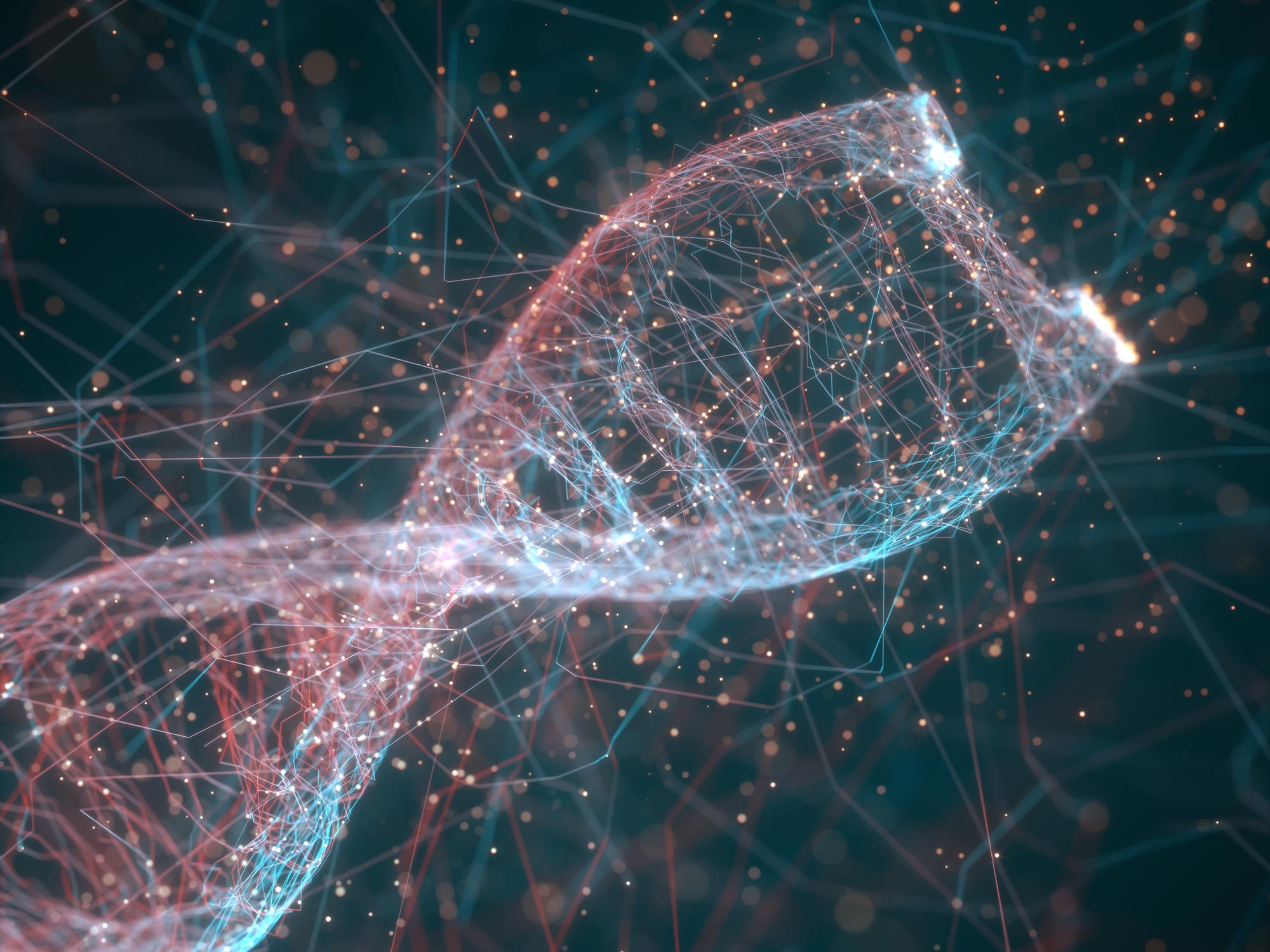
遺伝学者らは、チョウザメとリュウグウノツカイの共通祖先に、大規模絶滅の前に起きた全ゲノム重複(WGD)の前兆現象を発見し、これがこれらの種に有益な遺伝的差異をもたらしている可能性がある。 この発見はまた、他の種の系統にも同様の見落とされているWGDが存在し、それが極端な環境変化の時期の生存に貢献した可能性があるという可能性を提起する。
遺伝学者たちは、チョウザメとヘラウオの古代の歴史について重要な発見をしました。これは私たちの進化の理解に深い影響を及ぼします。 彼らは、これらの共通の祖先における、これまで隠されていた「全ゲノム重複」(WGD)の症例を特定した。[{” attribute=””>species, an event that appears to have facilitated genetic variations that may have provided an edge during a severe mass extinction event around 200 million years ago.
The big-picture finding hints at the possibility of numerous undetected, shared WGDs in other species predating periods of drastic environmental turmoil throughout Earth’s tumultuous history.
The research, led by Professor Aoife McLysaght and Dr Anthony Redmond from Trinity College Dublin’s School of Genetics and Microbiology, has just been published in the leading international journal, Nature Communications.
Professor Aoife McLysaght said: “Whole genome duplication is exactly as it sounds – it’s a fascinating evolutionary event where an entire genome is copied and pasted so that a species suddenly has twice the genetic material as it did before. Whereas most species, like us, are ‘diploid’ – having pairs of chromosomes, one from each parent – after whole genome duplication everything is in four copies. This effectively provides a lot of raw material for mutations – and evolution – to occur. Eventually, a species’ genome will revert to the typical pairs through a process called rediploidisation.
“We’ve known about whole genome duplication and rediploidisation for a long time but what is new, and exciting, is that we have shown that the time it takes for the second part of the process to complete is very important. In this case, it took a long, long time – so long that some gene duplications appear to be species-specific, occurring after the two species went their separate ways on the tree of life.
“As a result, the ancient original whole genome duplication that happened before the species had separated had been missed until now. We believe the same thing might have happened in many other species lineages and that is important given the possibility that it generated genomic conditions that helped the species survive mass extinctions.”
Genetically, sturgeons and paddlefish show evidence of shared and non-shared gene duplications that were themselves derived from the ancient WGD, which, when timestamped to just over 250 million years ago places it just before the Permian-Triassic mass extinction that wiped out over half of the families of all living things.
This would seem to add more weight to the theory that WGD events provide species with more of an evolutionary canvas to work with; more genetic material means more capacity for variations over a given time, and that in turn increases the chance of some conferring an advantage to cope with difficult or changing environmental conditions. These would certainly have been in evidence during the period of rediploidisation that overlapped with the Triassic-Jurassic mass extinction around 200 million years ago.
Dr Anthony Redmond said: “Multiple whole genome duplication events famously occurred in our ancient early vertebrate ancestors and these have shaped the landscape of our modern human genome.
“Our findings are exciting because as well as shining a light on sturgeon and paddlefish genome evolution, they provide a comparative snapshot of how our early vertebrate ancestors’ genome and duplicated genes evolved after these doubling events.”
Reference: “Independent rediploidization masks shared whole genome duplication in the sturgeon-paddlefish ancestor” by Anthony K. Redmond, Dearbhaile Casey, Manu Kumar Gundappa, Daniel J. Macqueen and Aoife McLysaght, 19 May 2023, Nature Communications.
DOI: 10.1038/s41467-023-38714-z
The study was funded by the Irish Research Council and the European Research Council.

「アマチュア主催者。ビールの伝道者になりたい。一般的なウェブファン。認定インターネット忍者。熱心な読者。」






More Stories
スペースXのファルコン9ロケットが打ち上げ前に停止、億万長者が特別任務に就く
ブラックホールはどのようにしてこれほど大きく、そして速く成長したのでしょうか?答えは暗闇の中にあります
世界最速の顕微鏡が電子の動きをアト秒で捉える:ScienceAlert